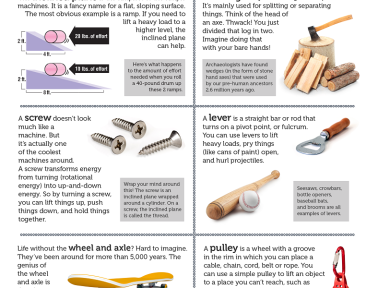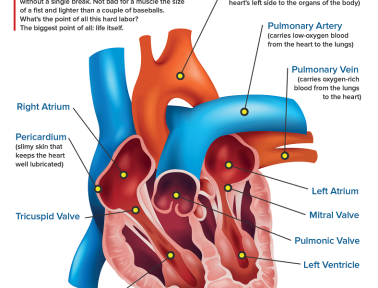I’m so excited to welcome author and former kindergarten teacher, Susan Case from Kindergarten and Preschool for Parents and Teachers, and thank her for today’s post!
Children are excited about starting school, yet also a little afraid. Starting school means changes in their daily routine including being away from familiar surroundings, learning new rules, and following directions from other adults. It’s natural to have doubts and fears about change. Talk to your child about what they can expect. Perhaps you can visit the school’s playground. Katie from Mommy with Selective Memory emailed me this concern:
“My Mom teaches PE at a local school and I love taking my daughter there to play. She is almost four and she adores seeing the older kids as she diligently tries to copy their every move. I was there last week for Kindergarten Field Day and we had so much fun watching the kids at their end-of-the-year celebration. However, as I was watching them, I was suddenly struck with a feeling of panic. It occurred to me that my daughter would be going to Kindergarten in a year and these kids seemed so much older. They could tie their own shoes, go to the bathroom by themselves and even knew how to navigate around the school without getting lost. My daughter would be one of the youngest in her class, so I know I need to make sure she is ready and that she isn’t the class baby. How can I do this?”
Ten Ways to Prepare Your Child for Kindergarten
1. Read Books Every Day. Without a doubt, this is the most important activity you can do to help your child develop language and reading skills. The 3 Rs of Reading are Repetition, Rhythm and Rhyme. Children enjoy books about their world and having books read over and over. Run your finger under words showing that reading is top to bottom and left to right. There are many interesting letter books to teach recognition and sounds. Visit your local library and perhaps your child can have his own card. Snuggle, bond, and cuddle while you share a love of reading.
2. Develop Fine Motor Skills and help your child Learn Letters the Sensory Way. It takes time, patience and practice to have a proper pencil grip. Model and praise often, offer large crayons and pencils, buy child safety scissors, and use playdough to develop muscles.
3. Print First Name with Only the First Letter Capitalized and Cure a Kinder Teacher’s Pet Peeve.
4. Follow 2 and 3-Step Instructions. “Please get your shoes and put them on.” Velcro is one of the greatest inventions ever. “Go to the bathroom, flush the toilet, and wash your hands, please.”
5. Manners: Model saying please and thank you and listening without interrupting. Talk to your child about raising their hand when they want to ask the teacher a question.
6. Social Skills: Playing with other children teaches children how to share, take turns, communicate, and problem-solve.
7. Help Your Child Take Responsibility: Encourage them to clean up toys and messes, dress and use bathroom by themself, get own drink and healthy snacks, and take responsibility for their actions.
8. Number Recognition and Concept: Help your child learn to count with concrete objects such as marbles, rocks, dolls, cars, beans, pasta. Play hopscotch then have your child place the correct number of items on each number.
9. Letter Recognition and Sounds: Words are everywhere in the environmental. Point to them and slowly sound words you see while taking walks, running errands, from grocery lists and cereal boxes. Label favorite items and places around the house. Encourage your child to trace over letters and numbers in chalk – then use a water gun, spray bottle or paint brush to trace over and erase, which also helps develop fine motor skills.
10. Build Self Esteem: Remember to praise your child often for their successes. Every day give them hugs and tell them you love them. Communicate, listen, and answer their seemingly endless questions. A curious child’s questions reflect their cognitive and emotional development.
Please understand that children do not have to be reading or able to tie their shoes before kindergarten. Learn more on Kindergarten Readiness. It may take six weeks for your child to adjust to school. Put them to bed early and share books. Enjoy their enthusiasm and discovery of new things and their creative ways to explore and learn. Sometimes love is spelled t-i-m-e.
You may be interested in the chapter “A Smooth Move to School” in my book: Kindergarten: Tattle-Tales, Tools, Tactics, Triumphs and Tasty Treats for Teachers and Parents. You can visit my blog at Kindergarten & Preschool for Parents & Teachers. You can visit Katie’s funny real-mom blog at Mommy with Selective Memory.
You may also be interested to know that Katie and Susan have co-authored The Happy Mommy Handbook: The Ultimate How-to Guide on Keeping Your Toddlers and Preschoolers Busy, Out of Trouble and Motivated to Learn
<!–
–>










